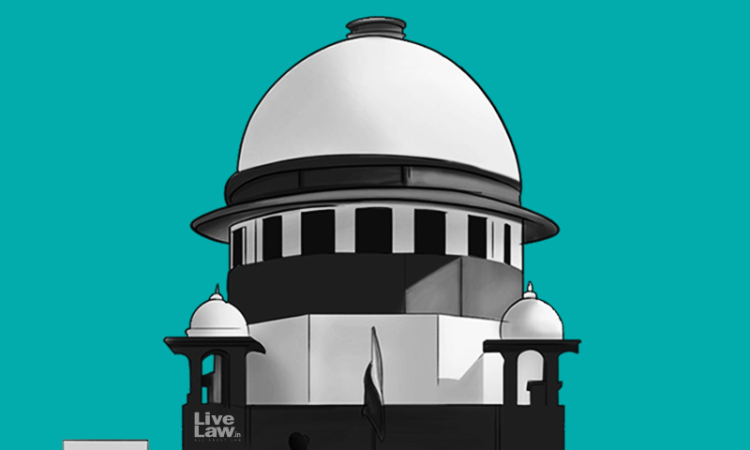No Criminal Action Against Voluntary Sex Work By Adults? Centre Expresses Reservation At SC Panel Recommendation
Sohini Chowdhury
25 May 2022 9:05 PM IST

Next Story
25 May 2022 9:05 PM IST
While issuing directions to the State Governments and Union Territories to strictly comply with some of the recommendations of its Panel for Sex Workers with respect to conditions conducive to sex workers to live with dignity in accordance with Article 21 of the Constitution, the Supreme Court, on May 19, took note of the fact that the Union Government had expressed reservations with...
